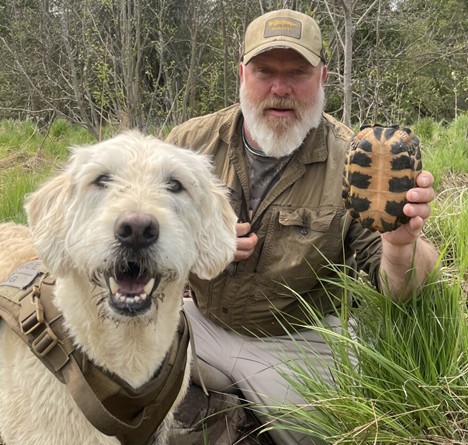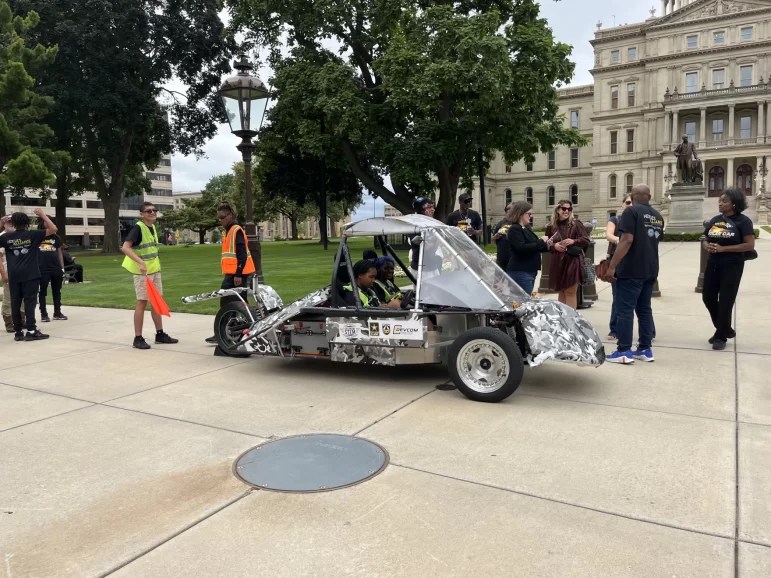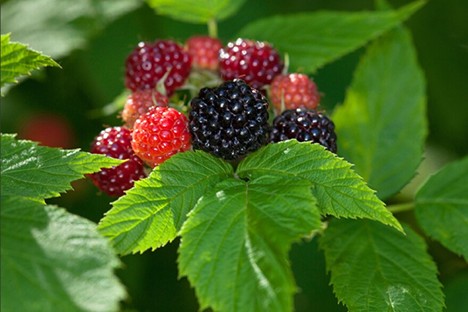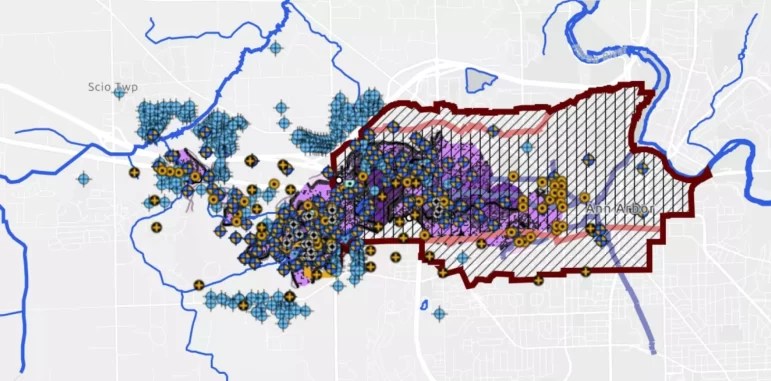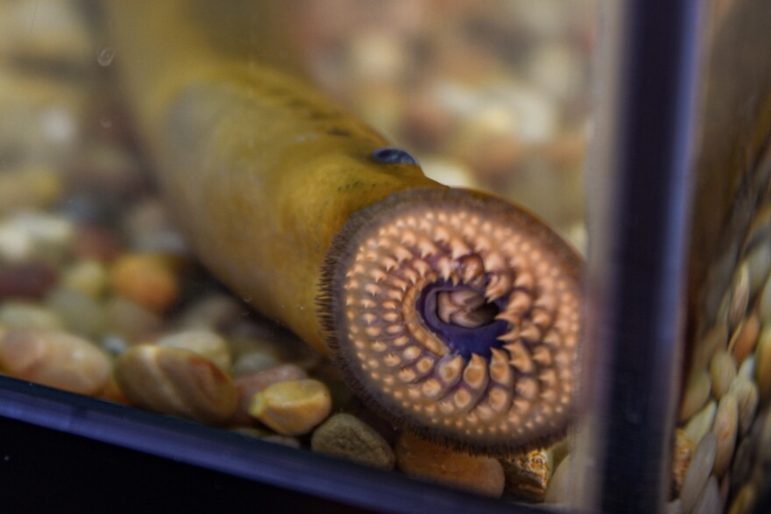By Emilio Perez Ibarguen
For students hoping to become conservation officers for the state Department of Natural Resources -- tasked with enforcing fish, game and natural resource protection laws -- one Northern Michigan University class gives a glimpse into their day-to-day work.
The post Dead deer and small fish: Michigan students learn to investigate poaching first appeared on Great Lakes Echo.